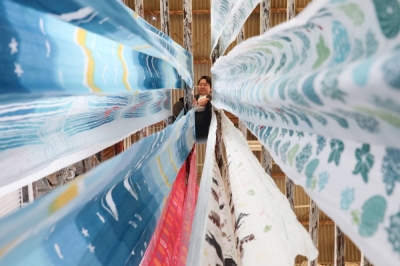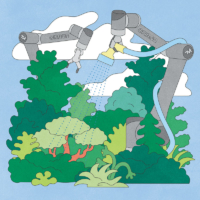NATURAL SELECTIONS
Sep 5, 2002
Aug 29, 2002
Aug 8, 2002
Aug 1, 2002
Jul 25, 2002
Jul 4, 2002
Jun 27, 2002
Jun 20, 2002
May 30, 2002
May 24, 2002
May 17, 2002
May 2, 2002
Apr 18, 2002
Apr 11, 2002
Apr 4, 2002













